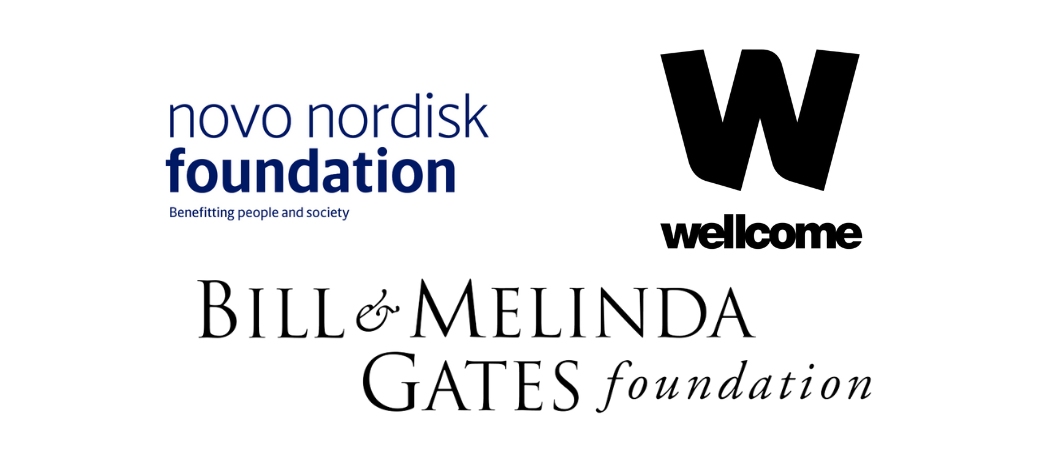As the three foundations link up in a new $300M joint fund, we look to see who their top 2023 grant winners were

With their new $300 million global health programme announced 6 May, the Gates, Wellcome and Novo Nordisk foundations bring together three very different funding networks. A Science|Business analysis shows how they operate, and who benefits.
Our review of their 2023 awards shows three universities were their top academic grant recipients: for Gates, the University of California San Francisco (UCSF); for Wellcome, University College London and for Novo Nordisk the University of Copenhagen. The foundations are, collectively, the world’s biggest source of charitable health funding, spending about $10 billion a year on everything from malaria to malnutrition, plus studies on sustainability and societal problems that affect health.…
Discover the latest in research funding every Tuesday with Funding Newswire. Dive into detailed articles with our monthly or yearly subscriptions or start with a free trial
NOTE: if you're a part of one of our Network member organisations, you get free access by signing up with your institutional email. Verify your eligibility here.





 A unique international forum for public research organisations and companies to connect their external engagement with strategic interests around their R&D system.
A unique international forum for public research organisations and companies to connect their external engagement with strategic interests around their R&D system.